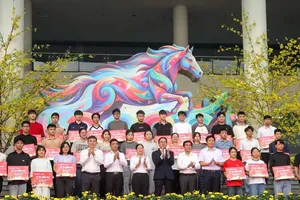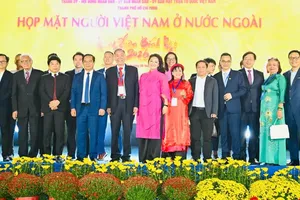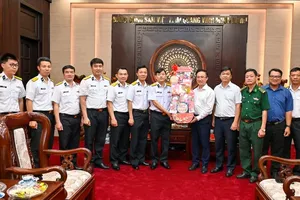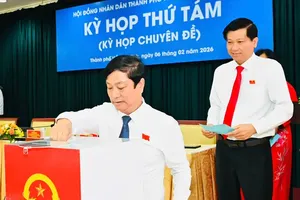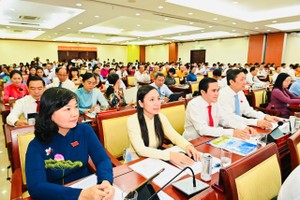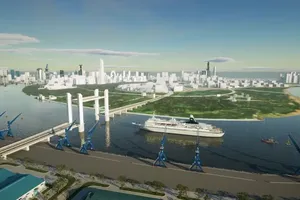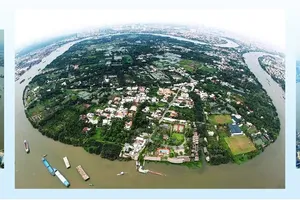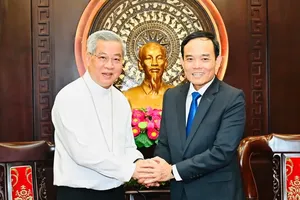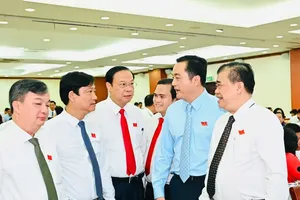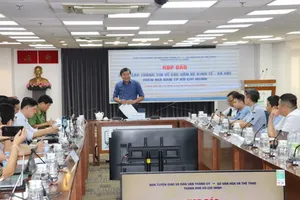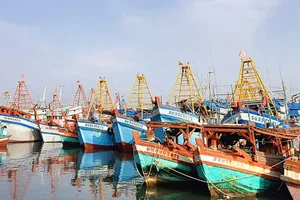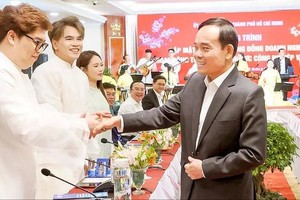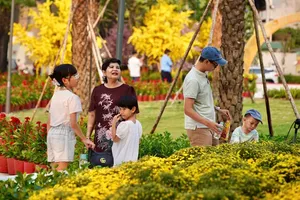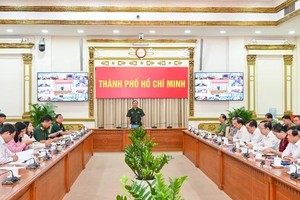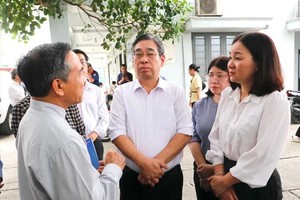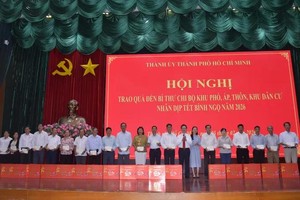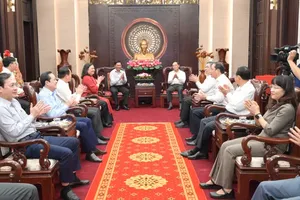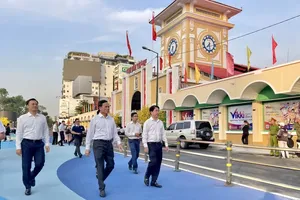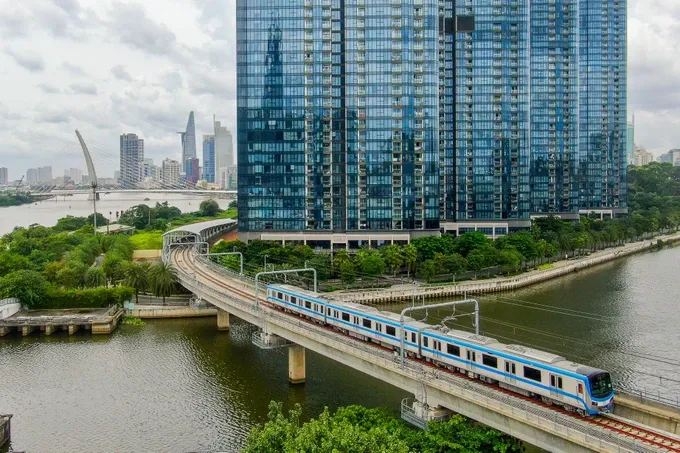
At the beginning of last December, the People’s Committee of Thu Duc City was busy disbursing money for the land clearance task of My Thuy Intersection project after its approval of the land price adjustment coefficient. This could be done thanks to the authorization of the HCMC People’s Committee according to Resolution 98.
Another two projects receiving land price adjustment coefficient are the expansion of two sections on La Xuan Oai Street, with a total investment of VND1.88 trillion (US$77 million), accounting for 20 percent of the public investment allocated to Thu Duc City last year (VND9.46 trillion ($388.5 million).
Chairman of the Thu Duc City People’s Committee Hoang Tung excitedly shared that thanks to this authorization, his city has been more active in accelerating the progress of land clearance for various construction projects. In addition, in the upcoming time, Thu Duc City is going to pilot Public-Private Partnership (PPP) investment for some of its culture, sports, education, and healthcare projects. Another piloting scheme is the model of Transit-oriented Development (TOD) around the stations of Metro Line No.1
Along with the aid to improve the current administrative structure, Resolution 98 offers valuable mechanisms for HCMC to carry out consistent infrastructure development, to successfully form inter-regional connections, to effectively exploit its land resources, to earn the budget for infrastructure reinvestment.
The HCMC People’s Council has approved a resolution for a list of investment projects to upgrade, expand, and modernize its current road traffic system via Build – Operate – Transfer contracts for the five entrance routes into the city. The HCMC Transport Department informed that these projects need VND40 trillion ($1.64 billion). The city budget will contribute 33-70 percent of the needed amount, and the HCMC People’s Committee is instructed to plan this capital allocation so that the progress of these projects can be maintained.
Simultaneously, HCMC is considering the application of TOD models along Ring Road No.3 and urban railway routes thanks to the provided mechanisms in Resolution 98. Since the adoption time of this resolution is only 5 years, this plan will be done in two stages, the first of which will be for Metro Line No.1 and the intersections of Ring Road No.3. As the mentioned routes have already had suitable locations identified and legal basis prepared, it is possible to immediately pilot certain projects.
Moreover, HCMC is developing a project for its urban railway system until 2035. To insert TOD models in the second stage, it is necessary to review and ask for advice from senior experts of developed countries for a parallel growth plan of both TOD models and the urban railway network.
Resolution 98 has been effective for no more than 6 months, yet HCMC is pouring all of its efforts to implement the mechanisms and policies to attract talented human resources. Experts and scientists are encouraged to join the political system and to promote science-technology development and innovation.
The HCMC People’s Council has quickly approved important policies to boost science-technology and innovative startup activities. These documents are expected to address problems related to salary, funding for research activities, and financial aid by title so that researchers feel more at ease doing their work. For the first time HCMC offers wage incentives to leaders of state-owned scientific-technological organizations established by the HCMC People’s Committee with the highest salary hitting VND120 million ($4,900) per month.
It is expected that these policies can attract more talented human resources to the city, and thus speed up scientific-technological developments as well as innovative startup here. Director Nguyen Viet Dung of the HCMC Department of Science and Technology affirmed that these outstanding policies can aid the transformation of HCMC into one of the most active centers for innovative startup in Southeast Asia.
